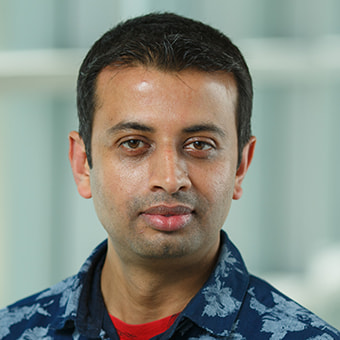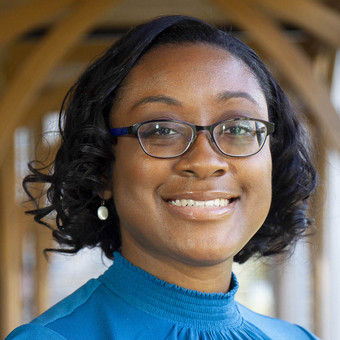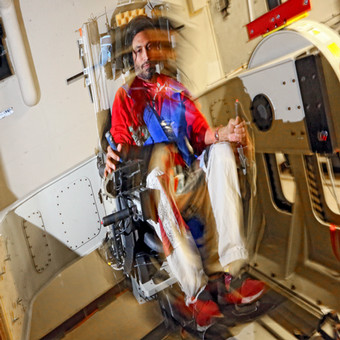Post Docs and Research Scientists

Avijit (Avi) is a Research Scientist at the Graybiel Lab. He holds a doctoral degree in Physics. He collaborates with members of the Graybiel lab, working to understand human motor control in general and human balance control in particular. His work involves experimentation, data analysis, modeling, and final reporting. Some examples of the research topics he has been interested in include: Mechanisms of balance control and learning in natural and altered gravity environments (e.g., in hypergravity or in velocity-dependent force environments); Transfer of adaptive mechanisms of balance from one environment to another; Comparing natural balancing on two legs with balancing using hand and joystick input to discern common central mechanisms from peripheral ones; Motor dynamics of the body and balancing in altered perceptual environments (for example, under illusions of self-motion). Avi has made significant contributions to the mathematical modeling of control mechanisms. He also collaborates closely with his colleagues, particularly with Dr. Joel Ventura, in an effort to understand the mechanisms of onset and amelioration of motion sickness.

Hsiang-Yu is a postdoctoral associate working with Dr. Anne Berry in the Neurochemistry and Cognition Lab. Her research uses a multimodal approach including pupillometry assessment, MRI, and PET to investigate how age-related decline in the norepinephrinergic functioning may affect motivation, information-seeking, and memory and how it may be related to the tau pathology of Alzheimer's disease. Outside of research, she enjoys cooking, cycling, and playing Zelda and puzzles.

Jenny is a postdoctoral fellow in the Neurochemistry and Cognition Lab. She received her Ph.D. from Washington University in St. Louis, under the guidance of Todd Braver, where she studied the behavioral and neurobiological mechanisms underlying motivation and decision making across the adult life span. In her postdoctoral work, she uses a variety of techniques, including behavioral, neuroimaging (fMRI, PET), and translational (EMA, passive sensing) methods, to study the earliest cognitive and affective changes associated with Alzheimer’s disease pathology.

Morgan is a postdoctoral research associate in the Lifespan Lab. She completed her
undergraduate degree at Princeton University and earned her Ph.D. in Psychology and
Neuroscience from Duke University in 2023. There, she worked with Dr. Elizabeth Marsh and
Dr. Gregory Samanez-Larkin and investigated how memory and decision-making processes
change and interact in younger and older adulthood. Morgan uses her research to highlight the
positive aspects of healthy aging and consider ways to leverage these aspects to promote better
personal, motivational, and health outcomes for older individuals. In the Lifespan Lab, Morgan
analyzes longitudinal data collected from adults across the United States to identify psychosocial
and behavioral factors that influence health, cognition, and longevity across the lifespan.

Vivekanand is a research scientist in the Ashton Graybiel Spatial Orientation Lab who studies spatial disorientation through human augmentation (e.g. vibrotactile feedback as a countermeasure to disorientation), artificial intelligence (e.g. deep learning to predict loss of control while disoriented), and basic research (e.g. perception of self orientation). He also does a significant amount of educational outreach because he is a former high school teacher. In his free time, he likes exploring the intersection of art and science. He loves collaborating on pretty much anything, so don't hesitate to contact him.